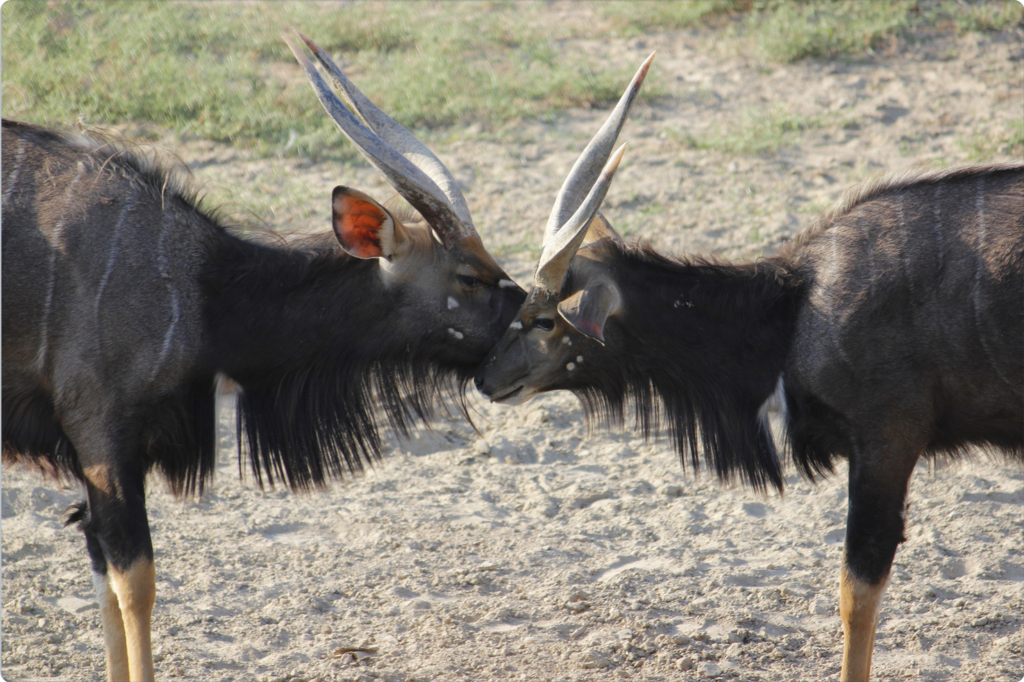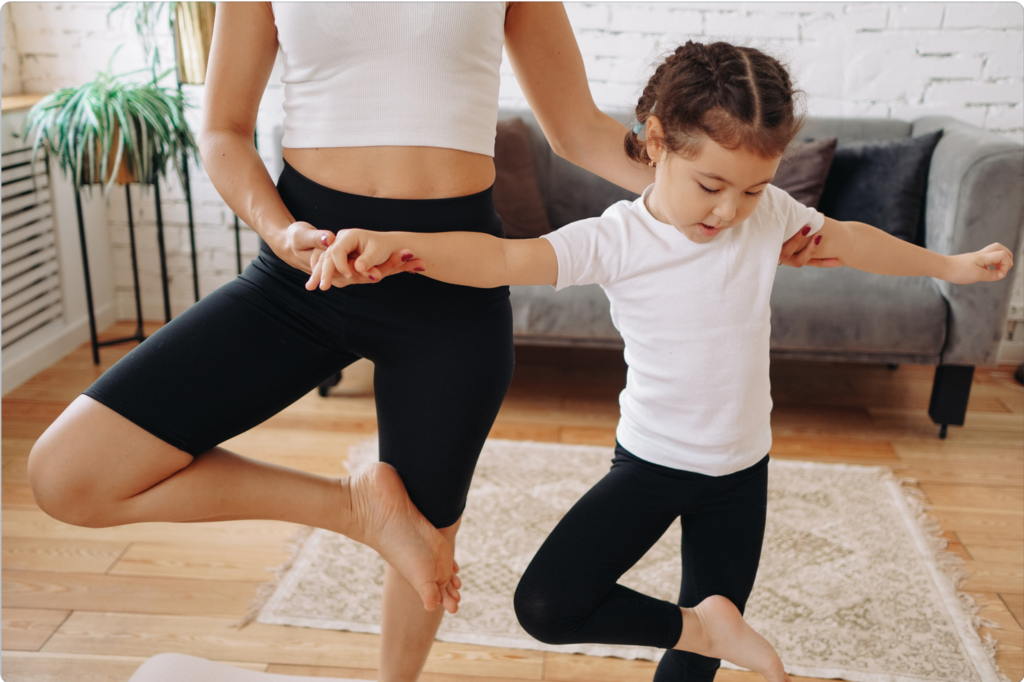-
Can Morality be Erotic?
One of the most important books I read during my chaplaincy training was Linda Holler’s Erotic Morality: the role of touch in moral agency. The course was titled after a recent film, “Opening the Hurt Locker”, and it was about what lies inside of us when we experience trauma, and how we decide to respond. In order to appreciate this book, though, my understanding of the word ‘Erotic’ needed some adjusting, even more so the phrase, ‘Erotic Morality’, as a text for a seminary course!
Going back to the course’s theme of ‘trauma’ now. It is important to understand that everyone has a different experience of trauma, and of situations, in general. Thus, no one-size-fits-all therapeutics can adequately predict or create an outcome for those who experience trauma. What is traumatizing for one person may not be for another: for example, I am terrified of horror films, pictures of monsters, and even have to leave the room when ads for these come on the TV. A good friend of mine is the same way, and when we go to the movies and ads for any horror films come on, we cover our ears and dive down behind the seats in front of us. Yes, two adults scared out of their wits over a film trailer! I have considered petitioning the film industry to rate horror film trailers and TV ads the same way that adult films are rated, to protect those of us who cannot tolerate them…
However, a vast number of people, especially adolescents, love this horror genre. In fact, it can be considered a part of developing resilience, to experience terror in a controlled manner (such as in a movie theatre) and stay for the end when it all turns out okay. This is one way we learn to endure fearful situations, and find resolution.

So, why do some people love horror films and others cringe? Experiencing a film is one way of being touched, but not by hands or fingers or toes. Filmmakers know this. Actors know this. But, when I searched for a photo to illustrate ‘touch’ for my newsletter, all of them but two showed humans in some way using their hands and fingers to touch someone or something. Portraying touch this way reinforces a limiting concept of what touch is. I chose two animals communing, instead.

We need to restore our innate, pre-verbal, sense of touch. The way we learned about the world from not only by tactile means, but by sensing love, hurt, relationship, and the eminences of plants, animals, and the energy fields we live in.
What I learned from Holler’s book was very affirming for me as a sensitive person: that my way of touching and being touched is not limited to hands and fingers and toes, but is of an ephemeral nature. When I enter a space, I have an immediate reaction to it that may at times be so strong that it will affect whether I stay in it or not.
In an everyday example, my sensitivity could be an eye-roller when I was uncomfortable or attracted to something that meant nothing to others. Yet, I was used as a gauge of sorts by my family when deciding whether to eat at a new restaurant based upon how I reacted when we entered the establishment. They had observed in their way, that my history of reactions before being seated were close to 100% of being accurate as to whether this was a going to be a good place to eat, or not.
In a professional context, my sensitivity has allowed me to make immediate connections with people and their inner processes in spiritual care counselling, with Nature as a biologist, with others’ physical abilities and limitations as a Tai Chi Chu’an instructor, as a musician when playing in ensemble, and with patterns in world-wide events as a writer.
We name this sort of attunement in various ways: intuition, psychic power, ESP, paranormal abilities, perceptiveness, or as a pathology. My job as a person is to stick with what I experience and disregard the labelling by others.
The beauty of Holler’s book is that it explains, with examples, what is going on when we pay attention to what we are touching or are touched by, at numerous levels. My belief is that we all have these ‘psychic’ powers, but have learned to choose to ignore all but what is tangible and before our eyes or tactile with hands, fingers, and toes.
I invite you to reflect upon your experiences of being touched. You can restore your abilities by various means, such as mentorship with an intuitive guide, or learning mindfulness techniques, for example. There are many modalities for re-learning how to touch and be touched.
The more of us who return to valuing the subtler experiences, the more we are able to appreciate the lives and beliefs of others, and are able to share ourselves and our wisdom with one another.
